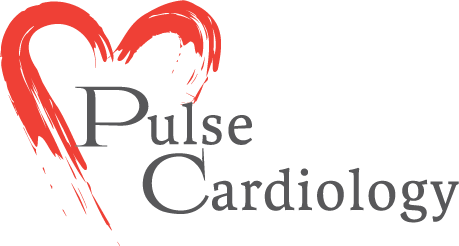What is an Electrocardiogram and Why is it done?

What is an Electrocardiogram?
With the changing lifestyles and increased stress, our bodies are facing lots of issues. There is nothing which is not affected by stress especially our heart. Due to fast pace of life, stress, and unhealthy eating habits, heart or cardio related-illness is on a rise. The best way to control such a medical situation is to be aware of your heart and take preventive measures so that it does not lead to a life threatening situation.
The most common method of accessing how your heart is functioning is going for an Electrocardiogram, also known as ECG or EKG. Let us first understand what is an electrocardiogram. An electrocardiogram is a medical test in which small electrode patches are attached to the skin of the person at chest, arms and legs which check how a person’s heart is functioning by measuring the electrical activity of a person’s heart. With each heart beat, an electrical impulse known as wave, travels through a person’s heart. This wave or impulse causes the heart muscle to squeeze and pump blood from the heart to other parts of the body. An electrocardiogram EKG measures and records these electrical activities that pass through the heart. It checks the heart rhythm, monitors the blood flow from the heart and even brings forth if a person has thickened heart muscle. Based on the reports of an ECG, the doctor is able to determine the condition of your heart.
Why is an Electrocardiogram done?
We now know what Electrocardiogram is, the whole process and how it is done. The question which now arises is when and why an ECG is done.
What are the conditions in which it is recommended to go for the process of electrocardiogram? Let us check out some of the conditions below:-
- ECG is especially recommended if you have a family history of heart diseases as this process helps in early detection of any cardio irregularities.
- If you have a family history of diabetes or you yourself are diagnosed with it then you are suggested to go for ECG in your medical tests.
- If you ever feel shortness of breath or chest pains, ECG is the first process to be done for the screening of any heart related issues.
- ECG is also done in cases where the doctor may suspect some electrolyte imbalances or any sort of lung diseases.
- Before going for any surgery, doctors do get an ECG done so as to rule out any hidden heart diseases in a patient.
- A doctor may recommend ECG if you have a rapid pulse and heart palpitations.
- ECG is recommended if you have regular bouts of weakness, fatigue or decline in ability to do physical work or exercise.
- ECG is also done in some cases where heart screening is necessary for an employment opportunity.
Conclusion
Electrocardiogram is a non-evasive procedure which does not take a lot of time or involves any pain for the patient. It is seen as a practical approach to asses a person’s heart. If this process is done at the right time, not only can it save a person’s life, but it can also be helpful in detecting any heart or cardio abnormalities in time so that proper medication can be taken.
There is no doubt in saying that electrocardiogram is a process of knowing how well your heart is functioning and is helpful in keeping your heart in good condition.
